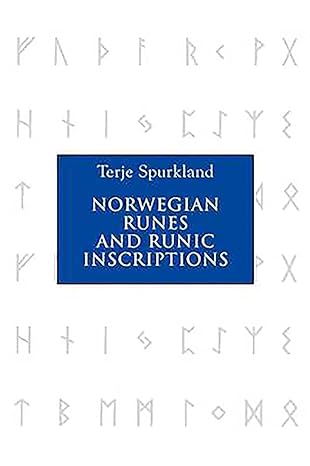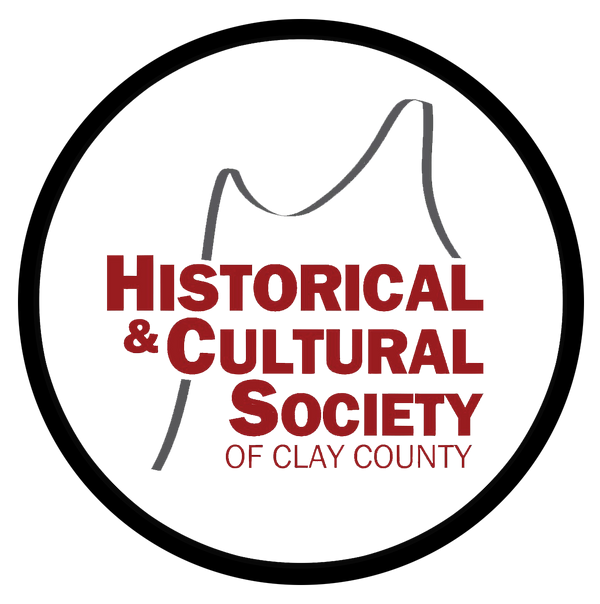Norwegian Runes and Runic Inscriptions
Norwegian Runes and Runic Inscriptions
Couldn't load pickup availability
by Terje Spurkland (Author), Betsy van der Hoek (Translator)
Readable, enjoyable and provides a clear overview of runes and their importance to reading the past. EARLY MEDIEVAL EUROPE
Runes, a unique functional writing system, exclusive to northern and eastern Europe, were used for some 1300 years in Scandinavia, from about AD 200 till around the end of the fourteenth century, when the runic alphabet finally gave way to the modern writing system. They were not written, but carved - in stone, and on jewellery, weapons, utensils and wood. The content of the inscriptions is very varied, from owner and carpenter attributions on artefacts to memorials to the deceased on erected stones; contrary to popular belief, they are not necessarily magical or mystical, and the post-it notes of today have their forerunners in such runic reminders as: "Buy salt, and don't forgetgloves for Sigrid." The typical medieval runic inscription varies from the deeply religious to the highly trivial [or perhaps crucial], such as "I slept with Vigdis when I was in Stavanger."
This book presents an accessibleaccount of the Norwegian examples throughout the period of their use. The runic inscriptions are discussed not only from a linguistic point of view but also as sources of information on Norwegian history and culture.
TERJE SPURKLAND is Associate Professor of Nordic Medieval Studies at the University of Oslo.
Paperback. 216 pages.
Share


